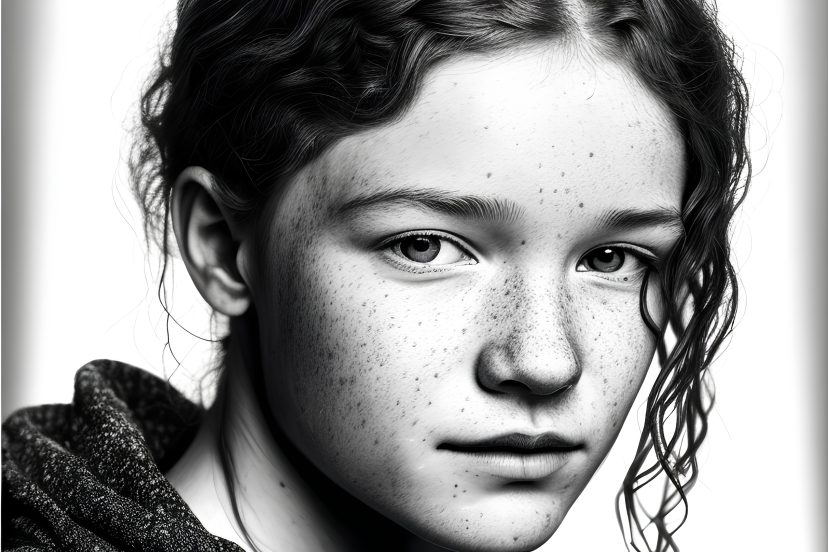How to Shoot Stunning Black and White Portraits
If you’ve ever looked at a portrait and thought, “Wow… that feels timeless,” it was probably shot in black and white. Today, I’m walking you through exactly how you can turn portraits into timeless black and white masterpieces with these tips, step-by-step, using techniques I’ve learned through years of shooting and teaching photography.
Why Black and White Portraits Stand Out
Black and white portraits let us focus on what matters — expression, emotion, and storytelling.
Emotional depth
When you remove color, your viewer pays attention to the eyes, the mood, the body language — all the things that matter most in a portrait.
A timeless aesthetic
Black and white always feels classic. Whether you’re shooting a child, an older person, or a dramatic fashion portrait, monochrome just works.
Royalty-Free Image:
Understanding What Makes a Great Black & White Portrait
If you want stunning results, you need to train your eyes to see in monochrome.
Light
The direction and intensity of light shape the mood dramatically.
Contrast
Higher contrast brings drama; lower contrast feels soft and emotional.
Texture
B&W loves texture: wrinkles, fabric, hair — they all become richer.
Royalty-Free Image: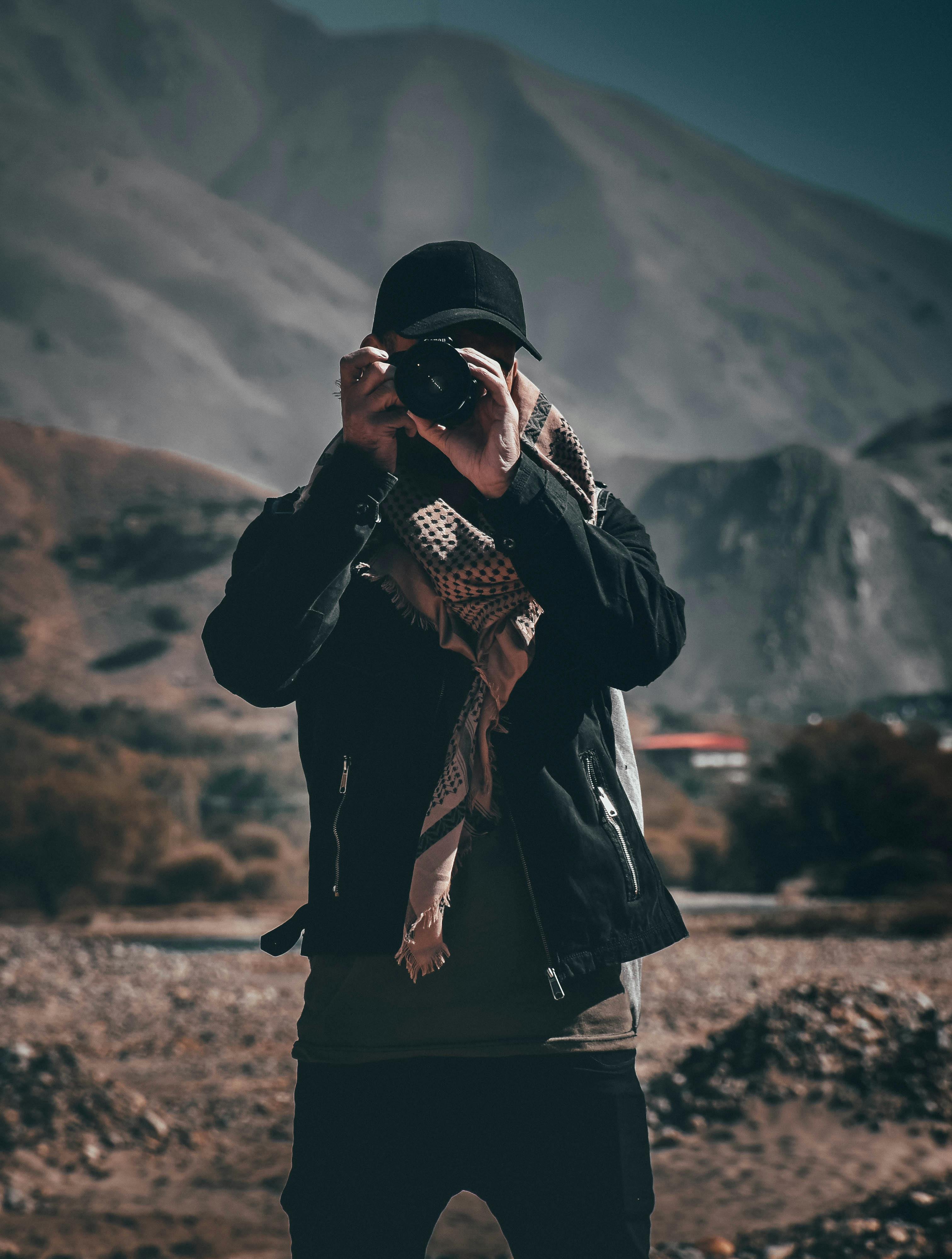
Choosing the Right Light for Black & White
Color portraits are forgiving. Black and white is not.
Natural light
My personal favorite — window light, shade, and open sky all offer gorgeous tonality.
Hard vs soft light
Soft light gives smooth transitions (great for beauty).
Hard light adds drama and texture (great for character portraits).
Royalty-Free Image:
Mastering Contrast
Contrast is EVERYTHING in a monochrome portrait.
High contrast
Strong edges, bold shadows, striking mood.
Soft contrast
Gentle tones, emotional feel, subtle storytelling.
Using Shadows for Impact
Shadows aren’t your enemy — they’re your secret weapon.
Shadow placement
Shadows sculpt the face and create depth.
Mood creation
Where you place the shadow determines whether your portrait feels mysterious or peaceful.
Royalty-Free Image: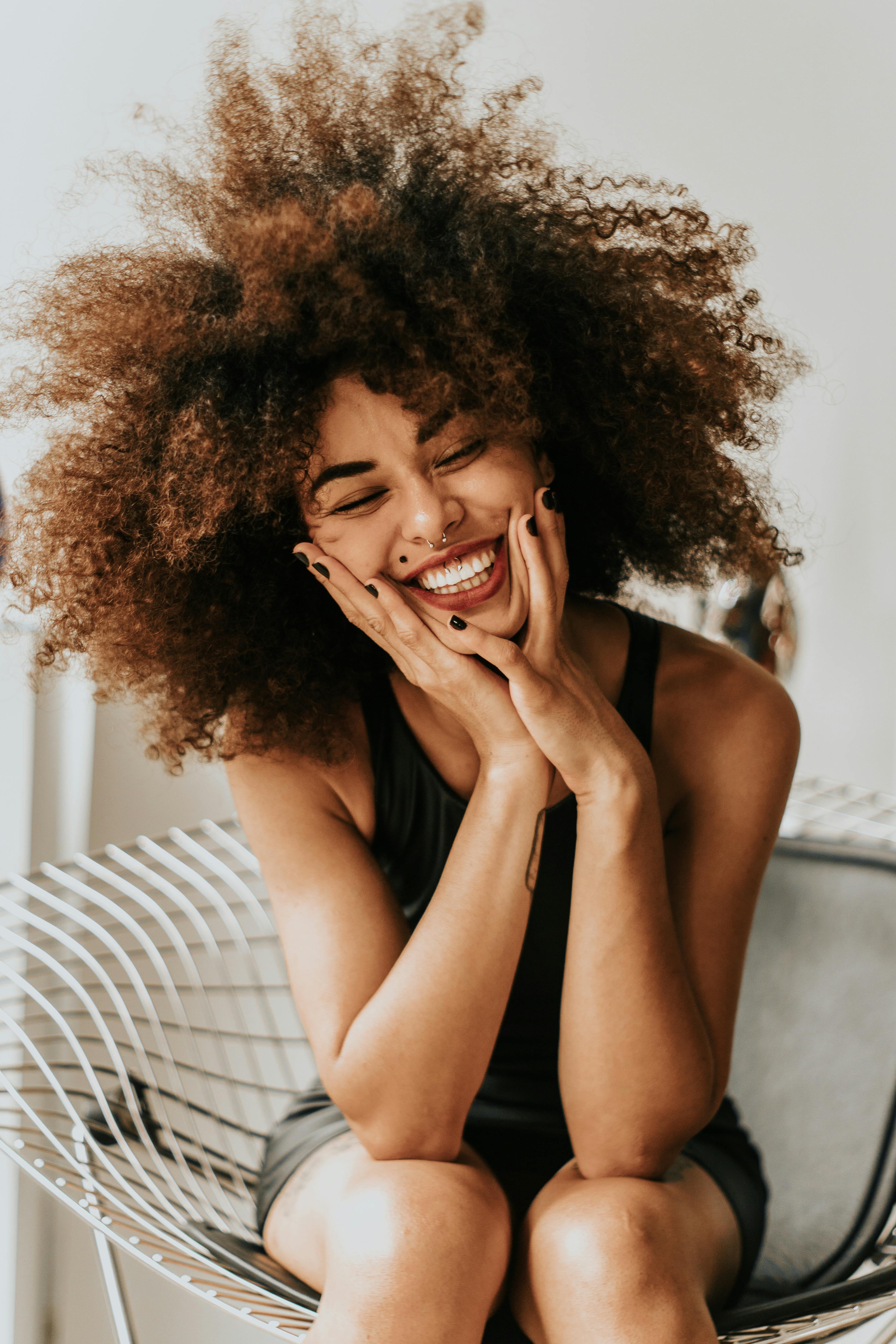
Camera Settings for Perfect B&W Portraits
A good monochrome portrait starts with good in-camera exposure.
Here’s how I set mine:
-
ISO: lowest possible (100–400) for clean detail
-
Aperture: f/1.8–f/4 for portraits depending on your style
-
Shutter speed: fast enough to avoid blur (1/160–1/250+)
-
Manual mode: gives consistent exposure for the entire shoot
>>> Film cameras CLICK HERE <<<
Shooting RAW for Flexibility
RAW files preserve more detail in the shadows and highlights — critical for B&W. Editing becomes easier and results become richer.
Composition Techniques That Elevate B&W Portraits
Monochrome portraits rely heavily on composition.
-
Leading lines help draw attention to the eyes.
-
Negative space adds emotion and isolation.
-
Eye placement (rule of thirds) creates a natural flow.
Royalty-Free Image: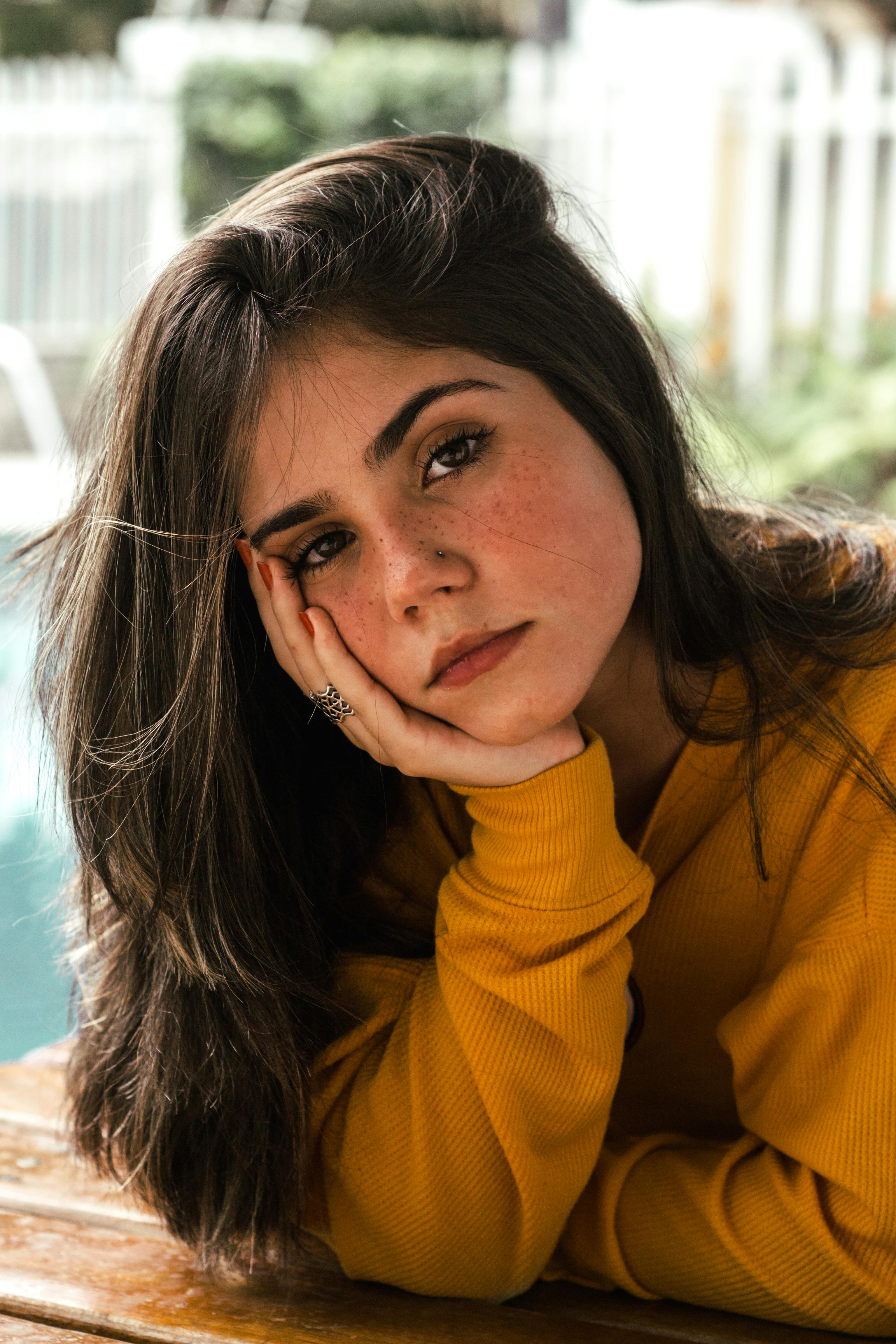
Posing Tips That Work Great in Monochrome
Posing matters more in B&W — without color, body and face language lead the story.
-
Slight head turns create flattering depth
-
Natural expressions feel more emotional
-
Hands add elegance or tension
Background Choices for Stronger B&W Images
The right background enhances contrast and mood.
-
Simple backgrounds highlight the subject
-
Textured backgrounds add dimension, especially in high contrast B&W
Royalty-Free Image: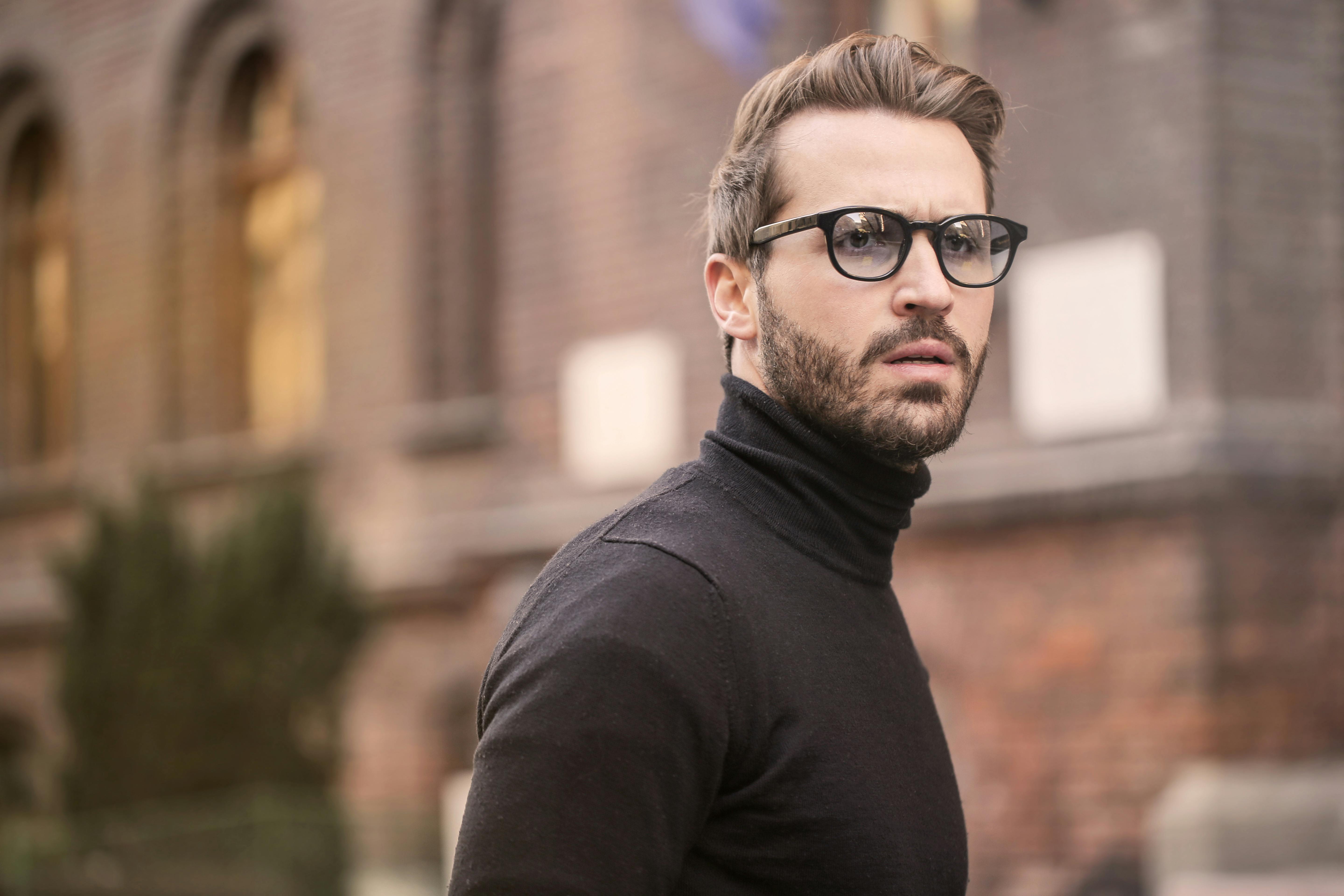
Using Props and Clothing to Enhance Tonality
Props and clothing should support — not distract.
-
Dark clothing blends with shadows for drama
-
Light clothing softens the mood
-
Avoid overly patterned outfits
Editing for Powerful Black and White Portraits
Editing is where your portrait truly transforms.
-
Convert to B&W using Lightroom/Photoshop
-
Adjust contrast, clarity, texture, and shadows for depth
-
Use selective editing on eyes and skin
Royalty-Free Image: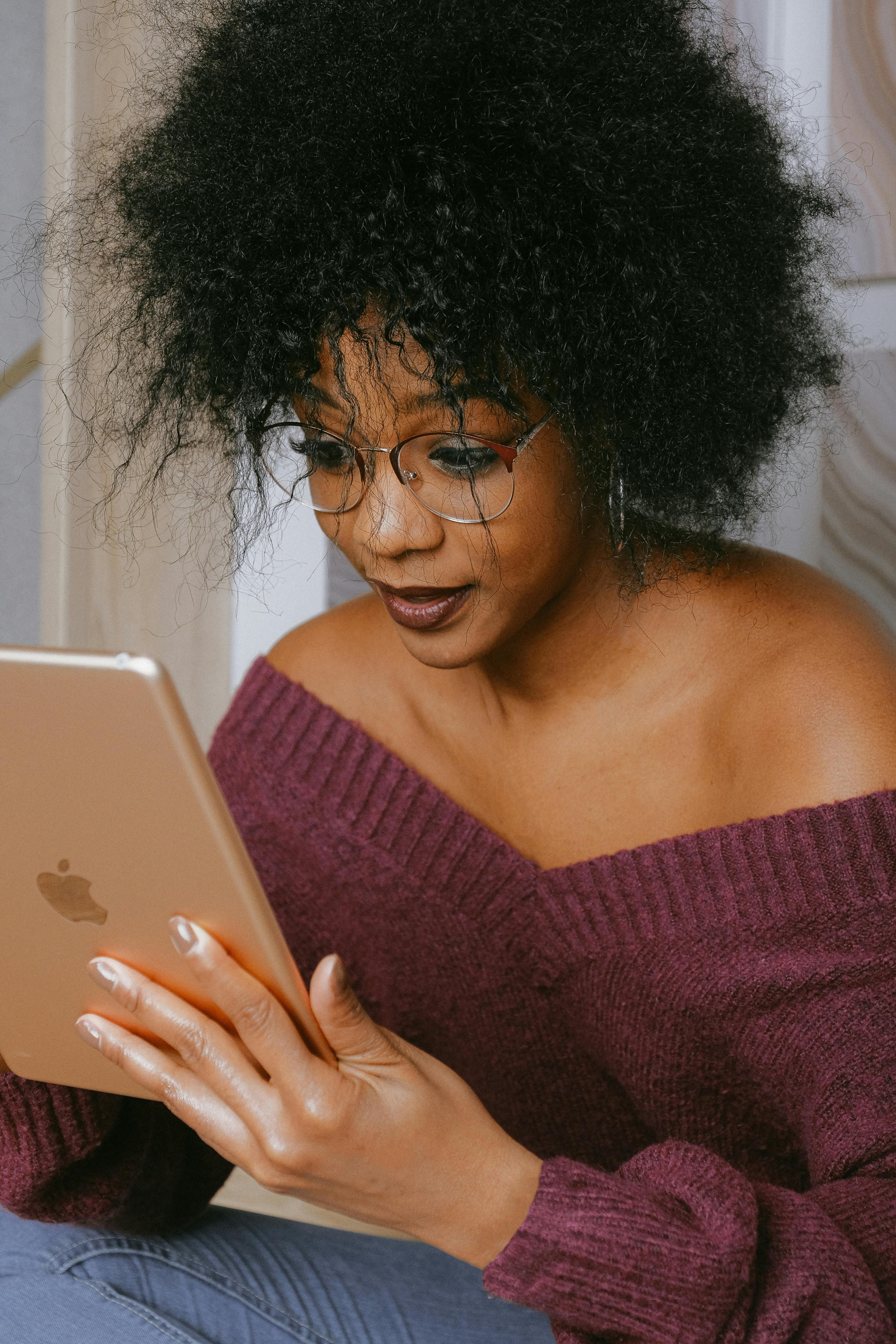
Adding Film-Like Grain
Grain adds a classic film feel.
Use it softly — too much and it distracts, too little and the image can feel “too digital.”
Fine-Tuning Skin Tones in Black & White
Even without color, “tonal” skin adjustments matter.
Raise luminance for bright skin, lower for darker mood. Avoid flattening details.
Common Mistakes to Avoid
Learn these early and your portraits will instantly improve.
-
Flat lighting → creates dull, lifeless portraits
-
Over-editing → kills texture and realism
-
Wrong contrast → too much or too little ruins the emotional feel
Conclusion
Black and white portraits are magical. They’re emotional, dramatic, timeless — and once you master them, they’ll become some of your favourite images to create.
With the right mix of lighting, contrast, composition and editing, you can turn portraits into timeless black and white masterpieces with these tips and develop a signature look that feels uniquely yours.
>>> Film cameras CLICK HERE <<<
virtosmedia, 123RF Free Images
FAQs
1. Should I shoot in color or B&W mode on my camera?
Shoot in color RAW and convert later — you’ll have more flexibility.
2. What lighting is best for black and white portraits?
Window light or soft diffused light works beautifully, but dramatic hard light can also be stunning.
3. How do I avoid flat-looking B&W portraits?
Use directional lighting and intentional shadow placement to add depth.
4. Can I shoot B&W portraits on a smartphone?
Absolutely. Use a good light source and shoot with a RAW-capable app for the best results.
5. How much contrast should I add in editing?
Enough to create mood and shape, but not so much that you lose detail — subtlety is key.
Further photo tips here:
Contrasting Photography: Unleashing the Power of Visual Depth

